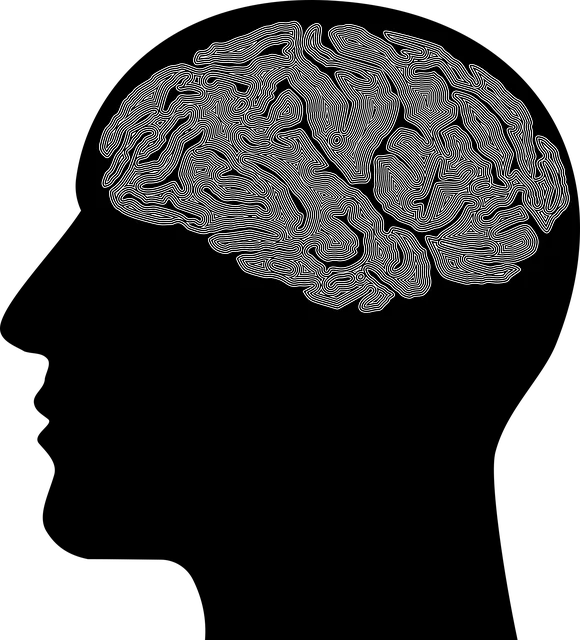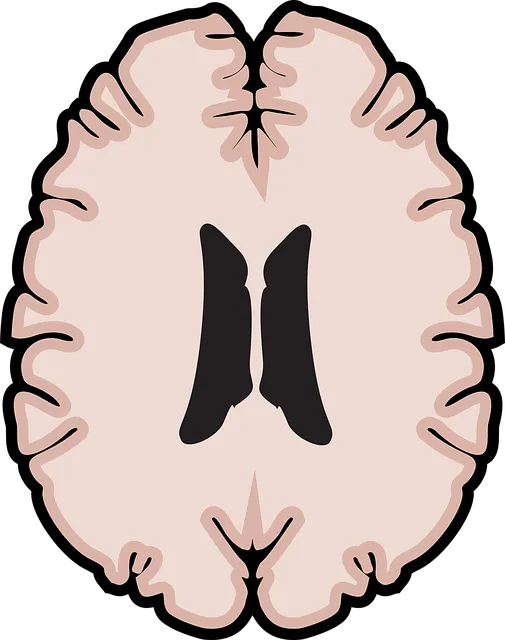Depression, a complex mental health issue, requires early intervention and a holistic approach. Centennial Kaiser Permanente's comprehensive mental health coverage offers accessible care through regular check-ins, integrating CBT and mindfulness for effective prevention. This program prioritizes cultural sensitivity, empathy in healthcare, and lifestyle adjustments like exercise, structured routines, and social connections to maintain emotional well-being. Their tailored services, from therapy sessions to crisis support, empower members to navigate life's challenges, fostering improved mental wellness within the community.
Depression is a prevalent yet complex condition, but prevention through proactive measures can significantly reduce its impact. This article explores comprehensive strategies to safeguard your mental well-being, focusing on early identification and evidence-based approaches. We delve into the role of healthcare access, such as the Centennial Kaiser Permanente mental health coverage, in fostering resilience. Additionally, discover lifestyle adjustments, social connections, and professional therapies that empower individuals to maintain a balanced mindset and prevent depressive episodes.
- Understanding Depression: Recognizing the Signs and Symptoms
- The Role of Centennial Kaiser Permanente Mental Health Coverage in Prevention
- Lifestyle Adjustments for a Balanced Mindset
- Social Connections and Support Networks: Building Resilience
- Professional Help and Therapies: Accessing Effective Treatment Options
Understanding Depression: Recognizing the Signs and Symptoms

Depression is a common yet serious mental health condition that significantly impacts an individual’s daily functioning and overall well-being. Recognizing the signs and symptoms early on is crucial for effective prevention and treatment. According to Centennial Kaiser Permanente mental health coverage, understanding depression involves identifying not just the emotional symptoms but also physical, cognitive, and behavioral changes. Common indicators include persistent feelings of sadness or hopelessness, loss of interest in activities once enjoyed, changes in appetite and sleep patterns, fatigue, difficulty concentrating, and thoughts of worthlessness or suicide.
Mental healthcare professionals play a vital role in risk assessment, which involves evaluating factors contributing to depression, such as genetic predisposition, traumatic life events, chronic illnesses, and environmental stressors. Incorporating cultural sensitivity in mental healthcare practice is essential, as cultural beliefs and experiences can influence how individuals express and cope with their emotions. By recognizing these signs and understanding the complex interplay of factors that contribute to depression, individuals and professionals alike can take proactive steps towards preventing and managing this condition effectively.
The Role of Centennial Kaiser Permanente Mental Health Coverage in Prevention

The Centennial Kaiser Permanente mental health coverage plays a pivotal role in preventing depression by providing accessible and comprehensive care. This includes regular check-ins with mental health professionals, who can offer guidance on maintaining emotional well-being and early intervention for signs of distress. By integrating evidence-based practices such as cognitive behavioral therapy (CBT), mindfulness techniques, and self-esteem improvement strategies, the coverage ensures individuals have the tools to navigate life’s challenges effectively.
Moreover, Centennial Kaiser Permanente’s focus on building empathy within healthcare systems empowers patients to openly discuss their feelings and concerns. Effective communication strategies facilitated by mental health professionals help in normalizing conversations about mental health, reducing stigma, and encouraging proactive management of emotional well-being. This holistic approach not only prevents depression but also fosters resilience through the cultivation of strong communication skills and empathy-building strategies.
Lifestyle Adjustments for a Balanced Mindset

Maintaining a balanced mindset is key to preventing depression, and lifestyle adjustments play a significant role in this process. At Centennial Kaiser Permanente, mental health coverage is a priority, recognizing that emotional well-being is integral to overall health. Individuals can foster a positive mindset through regular exercise, which releases endorphins known to boost mood and reduce stress. A structured routine, including consistent sleep patterns and mindful eating habits, also contributes to mental wellness. These practices help regulate hormones and maintain stable blood sugar levels, indirectly impacting mood regulation.
Additionally, cultivating meaningful social connections and engaging in activities that bring joy are powerful tools in the prevention arsenal. The Mental Wellness Podcast Series Production can offer valuable insights into various techniques for emotional well-being promotion. Similarly, burnout prevention strategies for healthcare providers, often on the front lines of mental health care, emphasize the importance of self-care practices to maintain resilience and prevent professional exhaustion. By incorporating these lifestyle adjustments, individuals can build a robust foundation for preventing depressive episodes and promoting overall psychological health.
Social Connections and Support Networks: Building Resilience

Professional Help and Therapies: Accessing Effective Treatment Options

At Centennial Kaiser Permanente, members have access to comprehensive mental health coverage, ensuring that seeking professional help is a viable and supported option. Depression prevention strategies often begin with therapy, which can take various forms. Cognitive Behavioral Therapy (CBT), for instance, is highly effective in treating depression by helping individuals identify and change negative thought patterns. Other therapeutic approaches include interpersonal therapy, mindfulness-based cognitive therapy, and psychodynamic therapy, each tailored to address specific aspects of an individual’s mental health.
For mental health professionals, risk management planning plays a crucial role in their practice. This involves balancing the need for effective treatment with ensuring the well-being of both patients and practitioners. Integrating evidence-based practices and self-care routine development can significantly contribute to depression prevention. By fostering a supportive work environment and encouraging healthy habits among clients, mental health professionals can create a proactive approach to managing and preventing depression, ultimately enhancing the overall well-being of their community.
Depression is a complex condition, but with the right strategies, prevention is achievable. By recognizing early signs and understanding the importance of mental health coverage, such as that provided by Centennial Kaiser Permanente, individuals can access critical support. Adopting healthy lifestyle adjustments, fostering strong social connections, and exploring professional therapies are all effective ways to maintain a balanced mindset and prevent depression. Combining these approaches can empower folks to take control of their mental well-being and build resilience against this common yet treatable illness.






